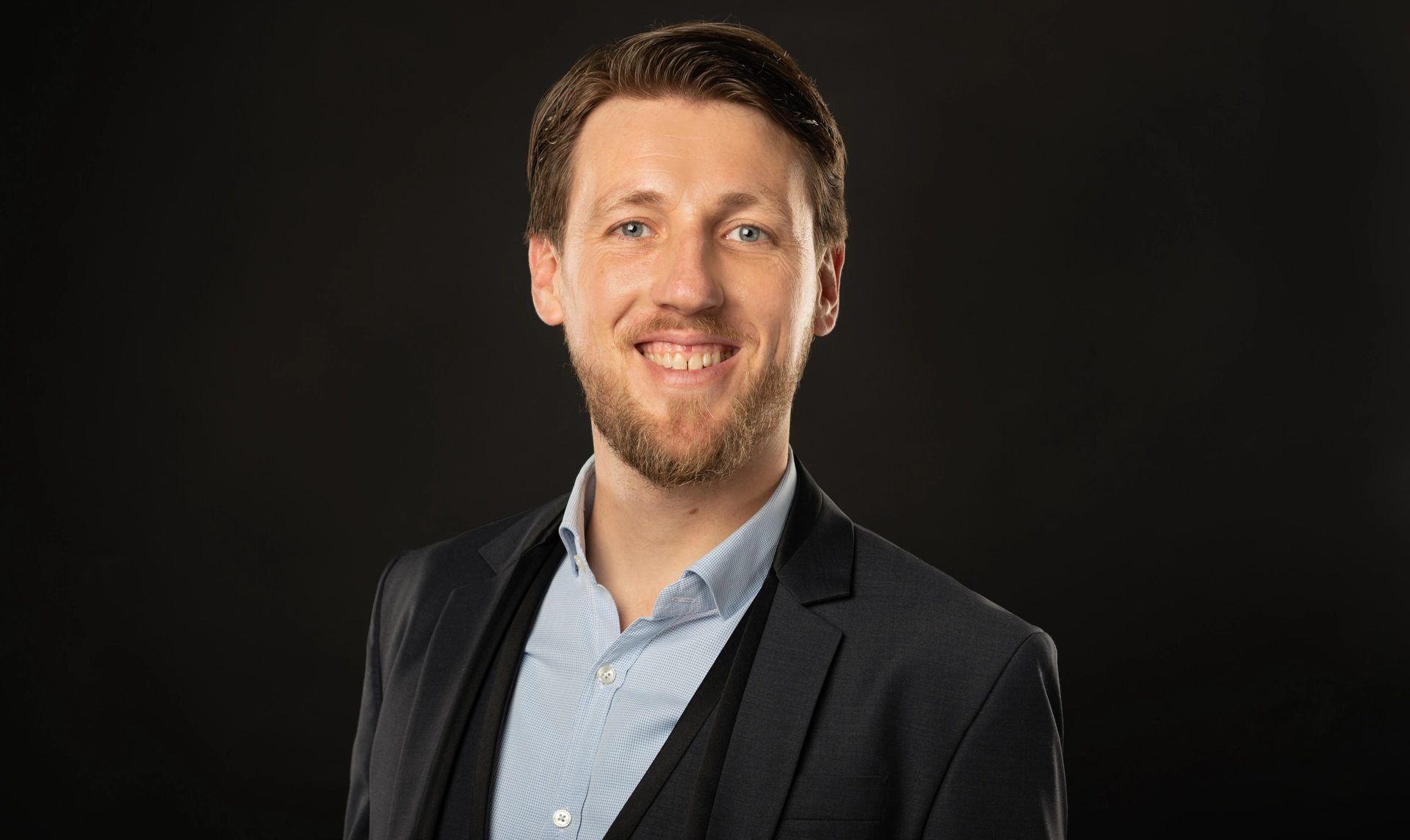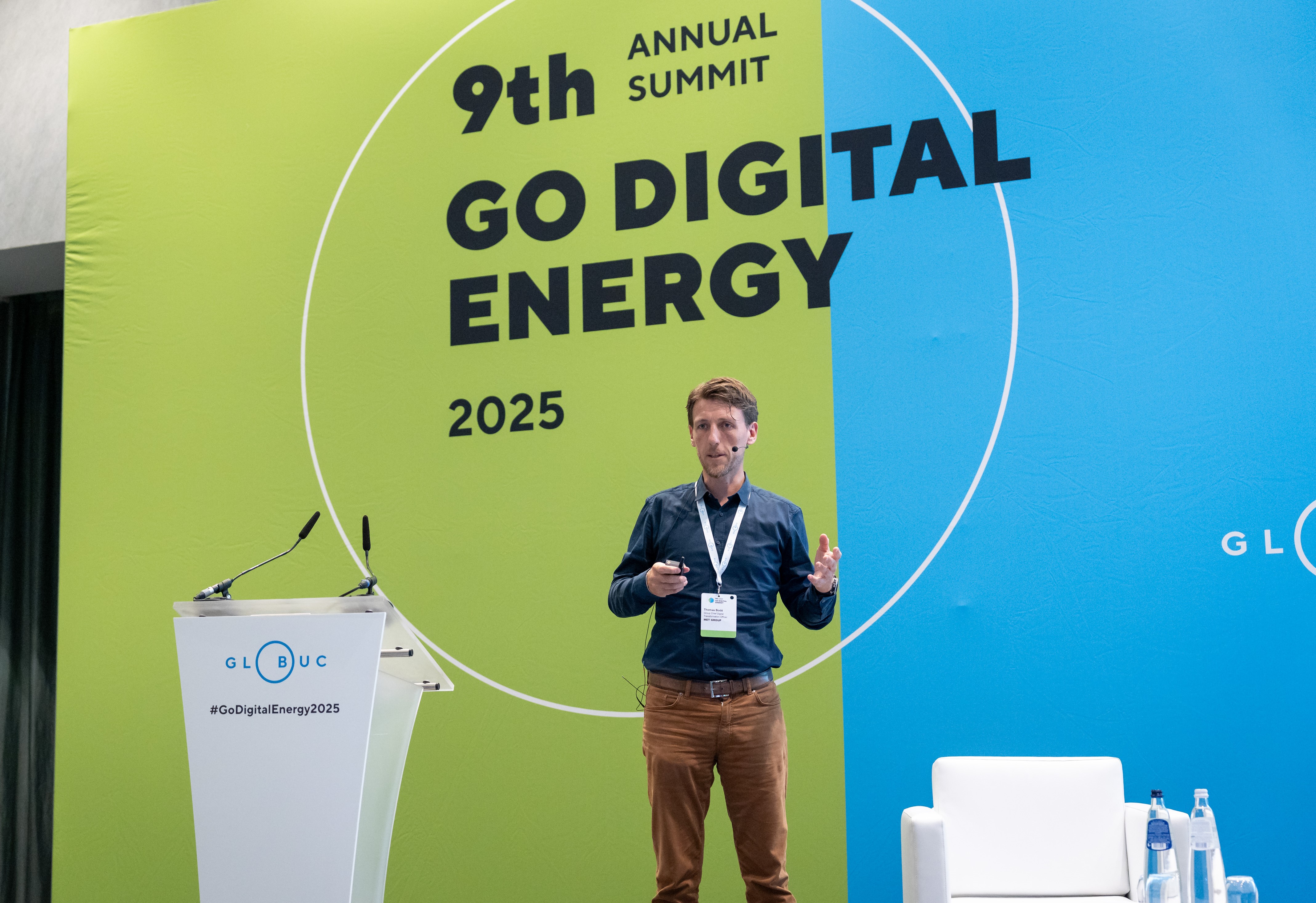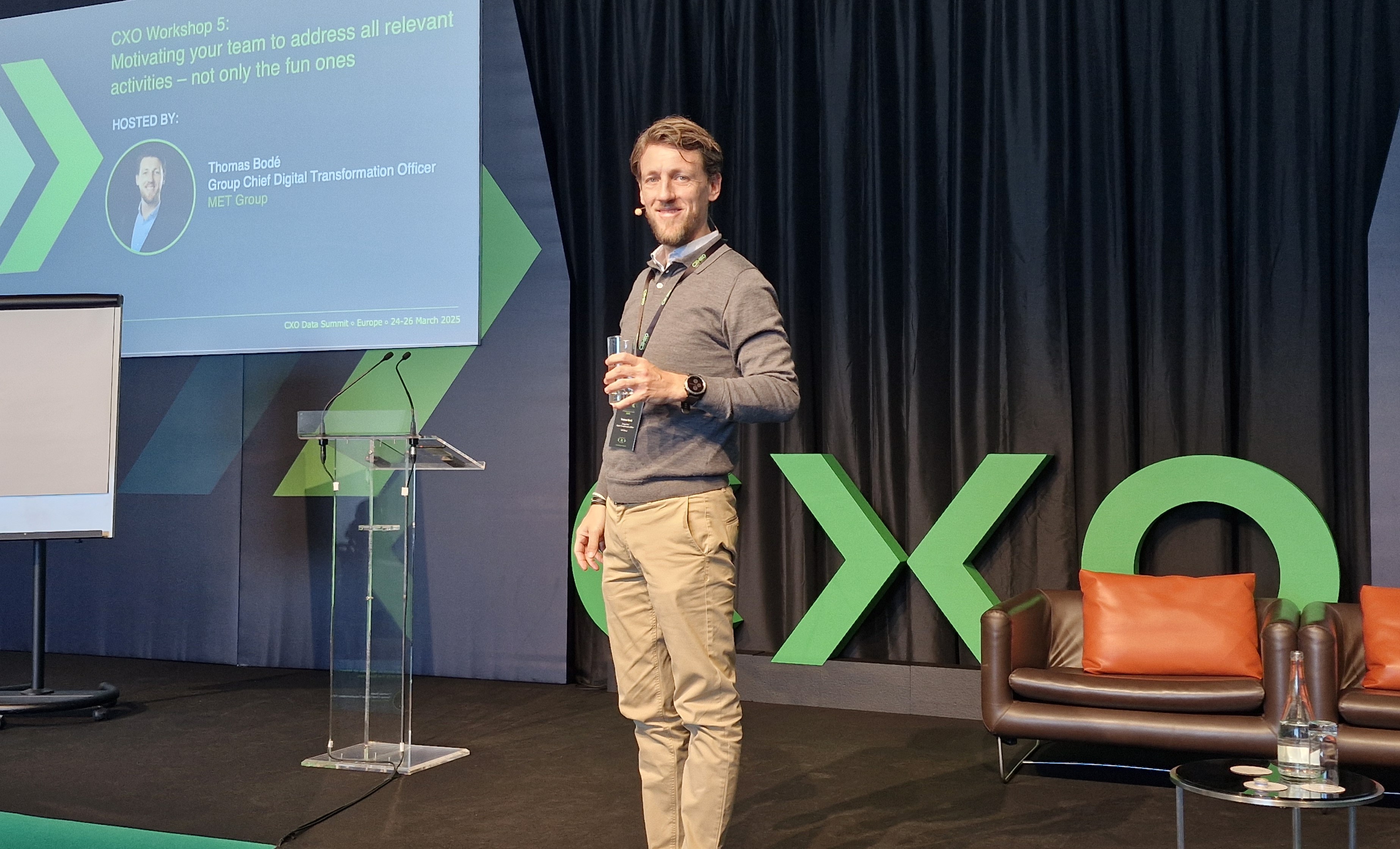
Technology is not everything, however. Thomas Bodé emphasizes right from the start: “The truth is, technology is the last step, not the first one. Digital transformation starts with people: rethinking how we work, how our processes flow, how decisions are made, how data is defined and shared. If these foundations are not strong, the best technology in the world will not bring benefits but instead additional complexity.”
No wonder that he replies “our own habits” when asked about the greatest obstacle to digitalisation. In practice, it means that digital transformation requires a stronger focus on planning, process transparency, data definition, and ultimately relying on facts rather than gut feelings in decision-making. Let it be for small (operational) or big (strategic) decisions.
But where does an energy company really need digitalisation? Areas where intense data processing is essential to perform activities (Trading, Sales, Finance) face major challenges with increasing portfolio size. Quite often, processes were built for a much smaller scale and must therefore be reviewed and adapted. In other words, exceptions resulting in inconsistencies need to be eliminated, data needs to be defined (what is what) and information must be generated allowing for better controls.
Understanding performance, risks and customer behaviour
“Digital transformation at MET Group is about improving processes to increase quality, efficiency and to reduce risks – providing the right information at the right time to the right user. It is very broad, so we approach it function by function, identifying together with stakeholders what exactly should be enhanced,” explains Thomas Bodé. Digitalisation is particularly useful to understand MET Sales Divisions’ performance, as well as customer behaviour anticipating, for example, cross-selling opportunities and making tailor-made offers to clients.
As different functions become digitalised, the user experience will change – inside and outside of MET Group. For MET colleagues, one of the most obvious signs of a successful digital transformation is a more centralised, easy and safe access to information. Meetings should be less and less about reconciling ‘my data versus your data’ but rather analysing together and sharing insights about common information. Another benefit might be more and more transparent processes and projects, as well as clarity in the terms and concepts used across teams.
For external MET customers, the consequence should be higher agility in adapting to demand and more fluid communication. “Customer service is typically an area which can be massively improved thanks to digitalisation,” the Chief Digital Transformation Officer adds.

MET Group’s expansion as a catalyst
Established in 2007, MET Group has grown into one of Europe’s leading independent energy providers, present in 17 countries through subsidiaries, 31 national gas markets, and 44 international trading hubs. The Swiss-based company now employs 1,100+ colleagues representing close to 60 nationalities. Engaging in digital transformation became inevitable due to this spectacular growth story.
It was in this particular context that Thomas Bodé was hired as Chief Digital Transformation Officer in 2022 with the mission to establish wide range functions enabling MET’s digitalization – such as Process Management, Data Management, Analytics, Process Management or IT.
Prior to MET Group, Thomas Bodé worked for 10 years at Swarovski, leading Data & Analytics with two high-level objectives: 1. High quality data & information to monitor the daily performance of sales (at more than 20 thousand points of sales) and optimize the supply chain (more than 15 thousand blue collar workers producing crystals and manufacturing products across the world). 2. Building more advanced Analytics products to recommend customers their next purchase, to identify fraudulent activities of independent retailers, or to forecast automatically the quantities of goods to be produced and distributed.
Digital transformation cannot be purchased
If the ’fairy of digitalisation’ came, here are the three wishes Thomas would make. First wish: make every colleague aware that digital transformation cannot be “purchased”, it must be built within MET, it is the outcome of successful cooperation. Second wish: make every colleague embrace transparency of data and processes. Activities must be governed and terms used at MET must have the same meaning for all of us.
The third wish might be the most important one: make the ’fairy of digitalisation’ disappear immediately and not be seen by anyone at MET Group. The worst enemy of digital transformation is believing in the magic of Artificial Intelligence (AI) or technology.
There is no magic – whatever advanced tools are used, they succeed only on top of clear processes, clean data and, above all, collaboration. To summarize: there is unfortunately no shortcut. But the result will make us future-ready and that is worth every step.

